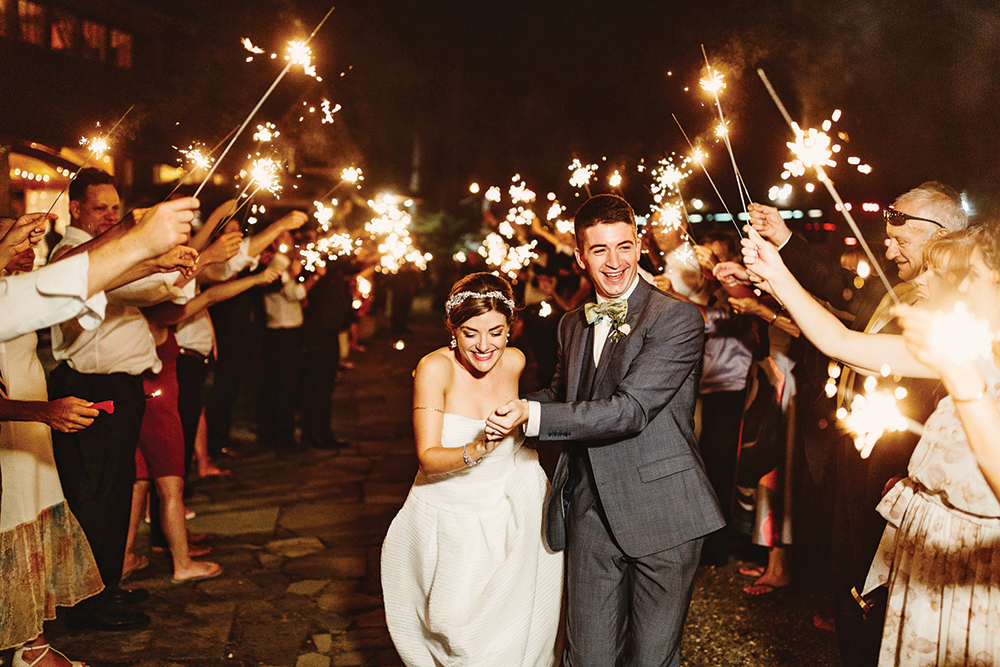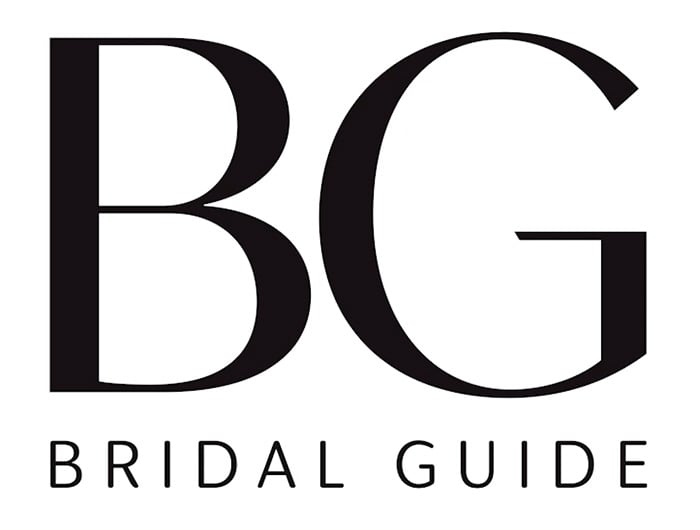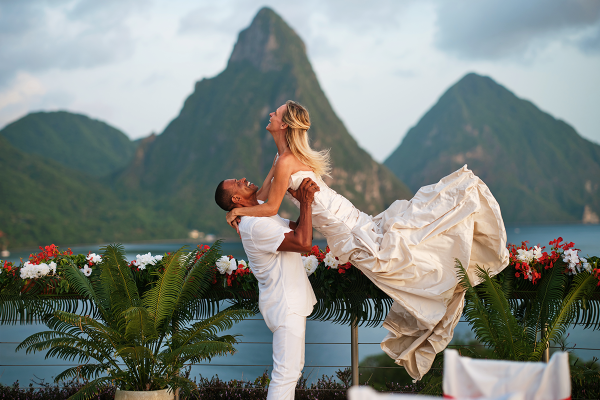Psychology professor (and recent bride) Amy Summerville shows brides how to make the right planning choices.
By: Amy Summerville
Photo Credit: Pat Furey Photography
Few brides think much about science when planning a wed- ding, other than their chemistry with their soon-to-be- spouse. As both a recent bride and a professor who directs the Miami University Regret Lab and teaches classes on decision-making, I know that research from decision and psychological science offers a number of strategies for how to feel great about your wedding- planning choices so you’ll enjoy your day to the fullest. Here, some tips.
Trying to find “the absolute best” will make you less happy.
People can use two strategies in making a choice: trying to pick the supremely perfect option or trying to pick an option that meets all of their requirements and standards. Research by psychologist Dr. Barry Schwartz and colleagues has found that the latter strategy actually seems to make people happier — after all, you can never be absolutely sure that there’s not another gown, cake, venue, fill-in-the- blank somewhere out there that might not have been a tiny bit better than what’s in front of you. But second-guessing can sap your energy, time and spirit. When I found a dress that I loved and that fit my budget, I bought it, reminding myself that while there were probably a dozen other ivory lace sheaths I could consider, I’d likely wind up less happy than I was right then.
Fewer choices are more satisfying.
Dr. Sheena Iyengar of Columbia University did a study where people could sample either a few flavors from a brand of jam, or all the brand’s flavors. People who had fewer choices to consider wound up liking the jam more and were more likely to purchase a jar, whereas people who had multiple choices were too overwhelmed to feel confident in a decision. I chose to work with a wedding coordinator in no small part so that she could narrow down the options for me. Rather than having to consider every florist in the city, I just met with the three she suggested. The differences between them seemed clearer and I was much more confident in my choice than if I’d had to decide between 10 times as many.
Big choice? Take your mind off of it.
Researchers in the Netherlands looked at different approaches to important decision-making and found that people who stepped away from making an on-the-spot choice are ultimately more satisfied with their final decision. When you turn off the judgment wheels and pursue something else — a walk, a book, a project at work — you open yourself to more “unconscious thinking,” a different way of processing feelings that can lead to better outcomes. For couples in the throes of wedding planning, if you’re torn about which venue to pick, go see a movie and then decide how you both feel over dinner afterward.
Focus on experiences, not things.
Researchers at Cornell University have found that people tend to be happier with “experiential” purchases like concerts than with material purchases. We decided to budget money for a craft bartender for cocktail hour instead of upgraded linens or chairs, and had an “experiential” favor — strips from a photo booth that also served as our guest book.
Nerves — and audiences — help if you’re an expert, but hurt if you’re a novice.
Not sure about reading your own vows? Research suggests that having an audience tends to get our adrenaline going, which helps for things we’re really confident about. If you and your fiancé are seasoned public speakers, you’re likely to shine extra-bright on the big day when the wedding jitters help fire you up. If you dread that moment in meetings where everyone goes around and says their name, consider another route. My husband and I wrote the text of our vows — but on the big day, our officiant read them and all we had to say was “I do!”
Amy Summerville, Ph.D, is an Associate Professor in the Department of Psychology at Miami University who has published numerous scientific papers on the psychology of regret. You can fol- low the Regret Lab on Facebook and Twitter @RegretLab.



